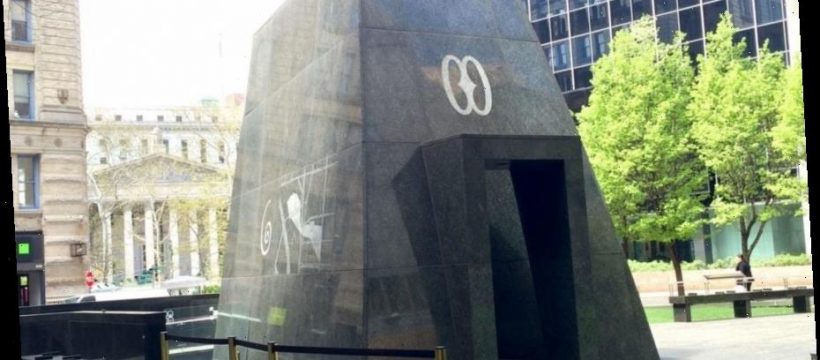Lawmakers from the United States Senate and House of Representatives are looking to the past in order to honor the ongoing futures of the Black community. U.S. Senator Kirsten Gillibrand and Congressman Jeffrey Nadler reintroduced a bill to expand the African Burial Ground National Monument in New York into an international museum and education center.
For those not in the know, the cemetery is the final resting place of more than 15,000 free and enslaved Africans from the 17th and 18th centuries. On April 7, the third centennial commemorating the slave rebellion that took place in 1712 will honor the lives of the 21 freedom fighters whose execution led to harsher slave codes. Colleagues Carolyn Maloney, Hakeem Jeffries, Gregory Meeks, Grace Meng, and Adriano Espillat stood in support of the idea.
Discovered in 1991 during construction work, the 6.6-acre burial ground contains the remains of more than 400 men, women, and children. Identified as one of the earliest and largest excavated cemeteries of African descending people in North America, the site was designated a National Historic Landmark two years later, with then-President Bush proclaiming it a National Monument in 2006.
Originally designed by Aarris Architects of Manhattan, the bill is looking to evolve the space and open the discussion about America’s not so dirty secret. “The museum would create a new venue where we can grow our understanding of the true history of our nation, our state, and the institution of slavery in the United States and around the world,” said Gillibrand. “At this moment in time, where we are having a reckoning, as a country, on the justices and inequalities the [African American] Black communities have been subjected to from the earliest days of our nation today. This museum and educational center could not be more important.”
Nadler, who sponsors the bill in the House of Representatives, said: “We cannot successfully fight for equality without a clear understanding of the history of slavery in this country. Ideas include housing a collection of historical artifacts and documents, plus provide a direct location for interested families to research their DNA and trace the ancestral countries of the people buried at the site. With the goal to make this location into a “sister” site of the National Museum of African American History and Culture in Washington (aka “The Blacksonian”), Senator Gillibrand wants to “host complimentary exhibits and foster collaboration with historically Black colleges and universities.”
Gregory Meeks, a congressman from Queens, spoke to the importance of this bill, saying, “This is just not an ordinary piece of legislation. This is not just any regular ceremony to me. This is really emotional. This is really important.”
Meeks’ emotional address also referenced the ongoing murder trial of Derek Chauvin, the Minneapolis officer who killed George Floyd in May 2020.
“If it wasn’t for those brave souls that were able to withstand the Middle Passage, and then deal with all of the racism, the enslavement, the Jim Crowism that existed in this country […] If they couldn’t maintain and succeed, my second grandchild could not be here, I would not be here,” Meeks said.
Word as to when this will be up for debate and possibly land in front of Biden-Harris is still on the fence, but ESSENCE will update this story as more develops.
Source: Read Full Article
